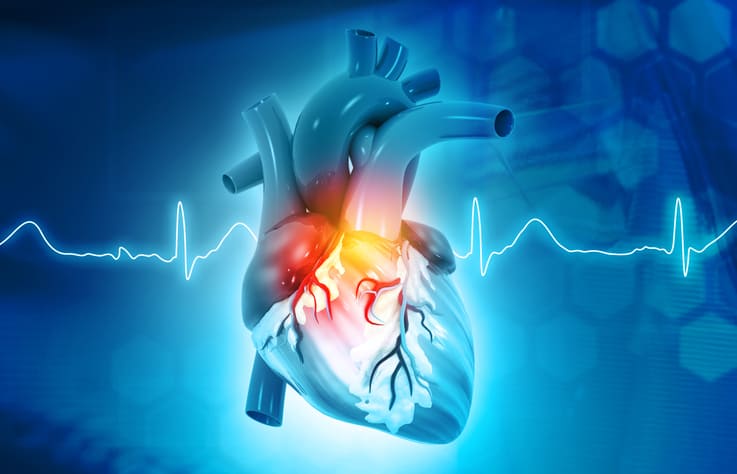Oral anticoagulation therapy (OAC) remains the gold standard for ischaemic stroke prevention in patients with non-valvular atrial fibrillation (NVAF) and elevated stroke risk. Percutaneous left atrial appendage occlusion (LAAO) has emerged as a potential alternative for stroke prevention in patients who cannot tolerate OAC. Although no randomized data is available, recurrent stroke in NVAF-patients, while on adequate OAC, is regarded as a treatment failure and therefore is considered as a potential indication for LAAO, based upon expert opinion.
A multicentre retrospective cohort study evaluating efficacy, safety and mortality of LAAO in NVAF-patients presenting with recurrent ischaemic stroke, after excluding other plausible causes.
Fifteen LAAO have been performed in NVAF-patients with recurrent stroke despite ongoing OAC, after exclusion of other plausible causes. Mean age was 78.1 ± 5.8 years, mean CHADS-VASc-score = 6 ± 1.2 and mean HAS-BLED-score = 5 ± 1.2. Successful implantation was achieved in all patients (73% Amplatzer device and 27% Watchman device), without any access-related complications and only one procedure/device-related complication (device embolization) was reported. In all but four patients, OAC was continued at long term after LAAO. No haemorrhagic strokes and only two ischaemic strokes were observed. During follow-up three patients died, all due to non-atrial fibrillation or non-device-related causes.
In NVAF-patients at high risk for stroke presenting with recurrent stroke despite adequate OAC, LAAO may be considered an adjunctive, but not alternative treatment to OAC with high feasibility and safety.
AF: atrial fibrillation; ESC: European Society of Cardiology; INR: international normalized ratio; LAA: left atrial appendage; LAAO: left atrial appendage occlusion; NOAC: non-vitamin K oral anticoagulants; NVAF: non-valvular atrial fibrillation; OAC: oral anticoagulation; RS: recurrent (ischaemic) stroke; SD: standard deviation; TIA: transient ischaemic attack; TOE: transoesophageal echocardiography; TTE: transthoracic echocardiography; VKA: vitamin K antagonists.
Left atrial appendage occlusion in recurrent ischaemic stroke, a multicentre experience.


